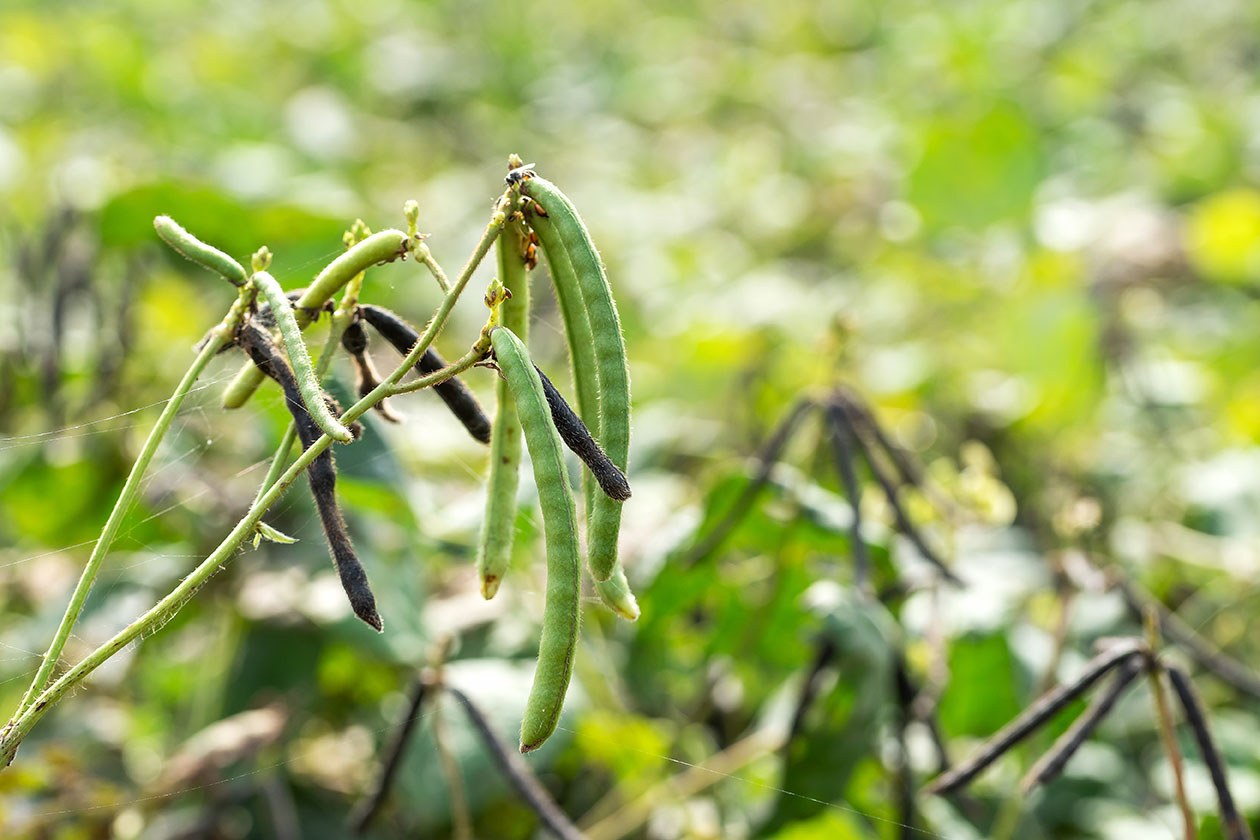Our benefit to Australia
Supporting Australia’s national interests by contributing to sustainable economic growth and enhanced regional stability
Australia’s deep and broad scientific expertise in sustainable and resilient food systems is a strategic national asset. We work with partners across the region to tackle the intersecting challenges of health security, food security, water security and biosecurity, which all ultimately feed into our own national security.
ACIAR supports Australian national interests by contributing to sustainable economic growth and enhanced regional stability, with a focus on economic diplomacy and women’s economic empowerment.
The collaborative international programs and partnerships underpinning ACIAR-supported research also improve Australian scientific capabilities and the productivity and sustainability of agricultural systems in Australia. Improved technologies and practices identified and developed through ACIAR research programs often address the shared challenges of all farmers in the Indo-Pacific region, including Australia.
ACIAR research findings are brought back to Australia to tackle our own agricultural challenges, vital to our nation's future wellbeing and prosperity. Through our work, ACIAR is delivering benefits to Australia by:
- enhancing biosecurity to help stop plant pests and diseases and animal diseases before they arrive at Australian borders
- taking a One Health approach to tackle emerging zoonotic diseases (like COVID-19) that threaten human and animal health, economic development and the environment
- helping Australia and other countries meet their international commitments to reduce greenhouse gas emissions
- applying our research to challenges that improve the livelihoods of farmers in our partner countries and Australia
- providing jobs and exceptional career opportunities for Australian scientists and financial support to the university and research sector, especially in regional Australia.
Biosecurity
The global cost of around 1.2 million invasive species is estimated at $1.4 trillion per year—close to 5% of global gross domestic product. ACIAR has more than 30 operational projects addressing biosecurity threats that contribute to an ongoing fight against the spread of plant and animal diseases. This is a significant line of pre-border defence for Australian primary industries.
Some of the biosecurity threats that ACIAR projects are tackling include:
- Fall army worm: Understanding the genetics of fall armyworm, an invasive pest causing widespread crop destruction across the Indo-Pacific, is the focus of new ACIAR-funded research.
- Citrus greening disease: The Australian citrus industry is partnering with ACIAR on a project investigating citrus greening disease, a bacterial disease of citrus with no known cure.
- Wheat blast: In partnership with other governments and funding agencies, ACIAR is supporting an international effort to tackle an urgent threat to South Asia from wheat blast. This has resulted in the release of a high-yielding wheat variety that is resistant to wheat blast, which will be available to plant breeders worldwide, including Australia.
Combating zoonotic diseases
Approximately 75% of newly emerging infectious diseases are zoonoses—diseases that can transmit from animals to humans. COVID-19 is a devastating reminder of the need to create a more cohesive One Health approach between animal health, human health and the environment.
Our One Health work includes:
- antimicrobial resistance in Fiji—supporting health and agricultural authorities to implement the National Antimicrobial Resistance Action Plan
- tuberculosis in PNG—addressing gaps in human tuberculosis care and response
- mosquito-borne diseases in PNG—a focus on Japanese encephalitis, the most important cause of human viral encephalitis in South-East Asia and Papua New Guinea
- zoonotic malaria in Indonesia—establishing a network for surveillance of zoonotic malaria in North Sumatra and Indonesia
- veterinary services in Cambodia—understanding how veterinary services might be better supported to support a One Health approach.
CASE STUDY
Global collaboration benefits Australian mungbean growers
Our partnership with the International Mungbean Improvement Network is delivering great benefit to farmers in Australia.
Mungbeans are a Queensland success story, worth $100 million each year at the farm gate. They are the preferred summer rotation crop in Queensland. Around 100,000 hectares of mungbeans are planted each year. More than 90% of this high-value grain is exported to India and South-East Asia.
However, export standards are stringent and there are large price differentials between the three grades: sprouting, cooking and processing. Even minor insect damage to the bean will reduce the quality grading.
The ACIAR-supported International Mungbean Improvement Network (IMIN) is contributing to Australia’s competitiveness in a growing world market and continues to deliver improvements in crop varieties that have a significant positive impact on growers’ bottom lines.
IMIN is investing in new varieties that offer Australian growers the genetic tools they need to combat costly diseases, lift production and drive increased profitability,
Australia’s mungbean industry supports a small and effective breeding program, led by Dr Col Douglas, senior plant breeder with Queensland Department of Agriculture and Fisheries.
Dr Douglas highlighted the benefits of Australia participating in the network, including important work towards generating higher yielding and pest- and disease-resistant lines of mungbean. The focus on genetic resistance to disease is the cornerstone of mungbean research.
‘We have an exciting project … to implement new breeding technologies and crop physiology—work that is beyond the scope of what we in Australia could achieve alone. Combined with breeding for high-yielding varieties, genetic resistance is key to securing a reliable future for the [Australian] mungbean industry,’ said Dr Douglas.
With access to suitable material and knowledge, facilitated by IMIN, the Australian mungbean breeding program will continue to release to the industry improved varieties that will underpin its profitability and sustainability.
